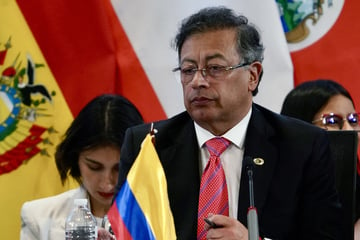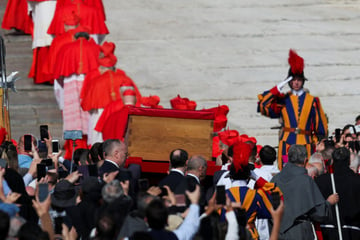Costa Rica's Afrotribal communities take fight to protect their land rights to UN
New York, New York - Representatives of Costa Rica's Afrotribal communities traveled to the United Nations in New York last week to fight back against what they describe as a systematic effort to extinguish their land rights and destroy their way of life.
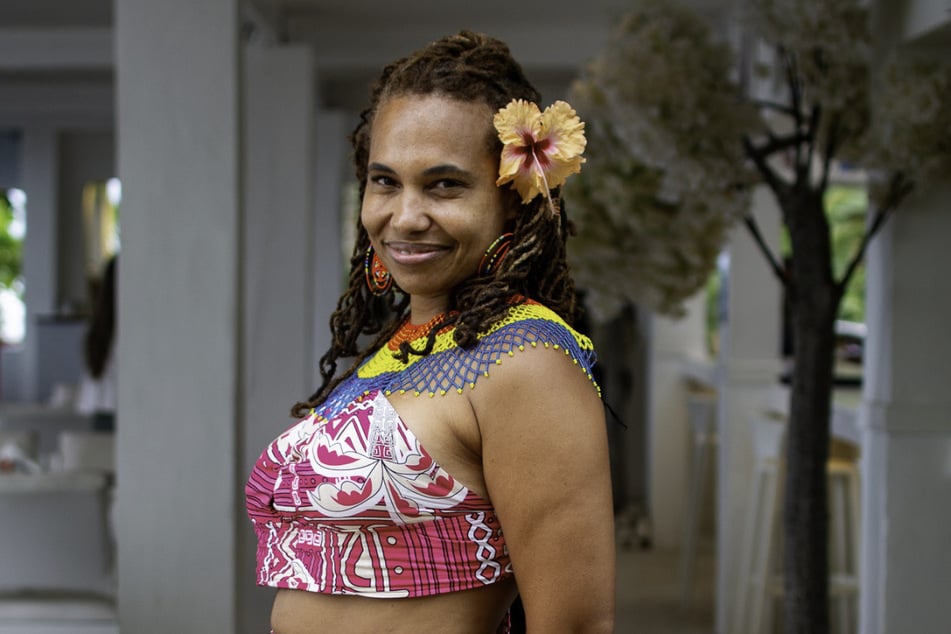
"The reason that we are here and looking in all the different spaces is to formally denounce the state of Costa Rica, as it's been on a campaign since the 1970s, late '60s to uproot Afrotribal communities from our ancestral lands," said Layli Brown, founder of the Museum Afro Costa Rica, as she was testifying before the United Nations Permanent Forum on People of African Descent.
"Under the pretext of environmental protection, Costa Rica has displaced many, many, many communities," she continued. "While Costa Rica receives praises internationally, we are the ones that suffer these consequences."
Brown hails from the Caribbean coastal town of Uolaba (aka Puerto Viejo) in the canton of Talamanca, where the Costa Rican government has issued 46 demolition orders to be executed within the next two years. All orders impact foundational Afrodescendant families, she told TAG24 NEWS in an interview.
Even as she was in New York advocating for her community, Brown was devastated to see video footage on social media of a residence being destroyed just a few hundred feet from her own home.
Brown described the demolition orders as just one of the measures the Costa Rican state has taken to seize control of Afrotribal lands and to designate the people living there as squatters. The injustices have sparked decades of resistance as community members fight to preserve a future for younger generations.
"I have seen my parents stand in front of bulldozers to defend our homes. I have had to do the same. And I don't want my son to have to do that," Brown said on the sidelines of the Permanent Forum.
Origins of Costa Rica's Afrotribal communities
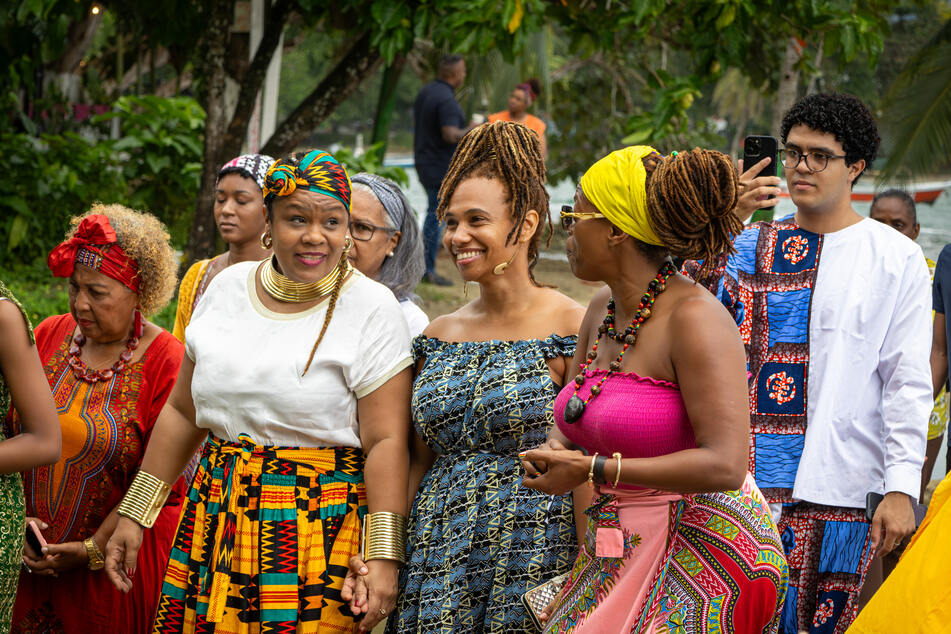
Afrotribal communities like Brown's are far older than the laws the Republic of Costa Rica is now using to expel them from their lands.
The first records of African people in what is now Costa Rica date back to the colonial era, when Spanish conquistadors trafficked people across the Atlantic Ocean for the purposes of enslavement.
Then, in 1871, American businessman Minor Cooper Keith – later vice president of the notorious United Fruit Company – agreed to join his uncle, Henry Meiggs, in directing construction of a railway from Costa Rica's capital of San José to the Caribbean port city of Limón. The need for labor led Keith to recruit foreign workers, including many from Jamaica.
Costa Rica abolished slavery in 1824, but this did not end anti-Black discrimination. Working conditions on the railroad were horrific, exacerbated by the spread of diseases, and deaths were common.
"Even in school in Costa Rica, they teach you that slavery didn't exist in Costa Rica, especially not on the Caribbean coast where we live, and that all the Jamaican workers came over to Costa Rica to work and they were paid and loved the place and decided to stay," Brown explained. "But our great-grandparents, they did come to work under false pretenses"
When Keith was unable to pay the Jamaican workers, she said, they were given land on both sides of the railroad. Residents constructed homes, established businesses, and built roads from coconut husks without support from Costa Rican authorities. They cultivated cacao fields and fished as a means of sustenance.
"All of these lands were swamp lands. It was inhospitable," Brown said. "This was not an easy place to live, but we persevered and we made of it this wonderful, beautiful place it is today."
Afrotribal sovereignty under threat in Costa Rica
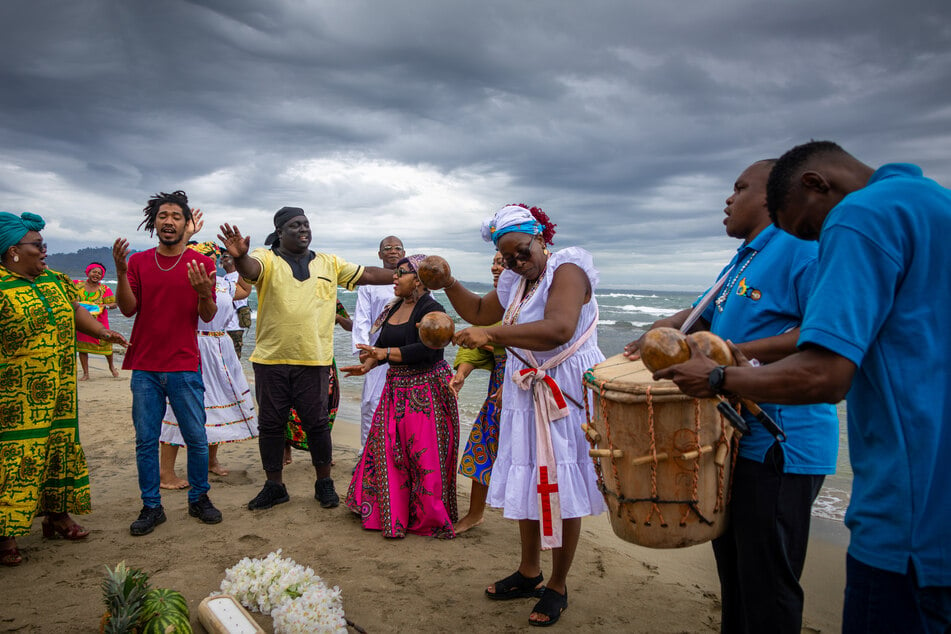
A turning point came in the 1960s and 1970s, when Costa Rica began building roads and expanding access into the area.
"All of our people – our parents, grandparents – say when those Costa Ricans came, they saw a whole community of happy Black people just prospering off the land, fishing, and they began to make these laws," Brown said.
These included a 1977 maritime zone law, which declared the land along the Caribbean sea line as belonging to the Costa Rican state – without prior consultation with the Afrotribal communities living there.
The law also severely limited the ability of people living in Caribbean coastal communities to do repairs on their homes and other structures.
"On the beach, in the weather, if you don't do reparations in a year, your house is going to fall apart. So, most of the members of our community, we have all been criminalized," Brown said.
The 1977 law set the stage for the demolition orders in place today, giving the state the legal justification it needs to destroy homes and businesses.
"I was born in 1983, and I still remember what our home was like when we still had much of our sovereignty. That has just disappeared completely," Brown recalled.
"For us growing up, it was very clear: there's us and there's them [the Costa Ricans]. I kind of grew up in a sort of apartheid."
Further threats to Afrotribal land rights in Costa Rica
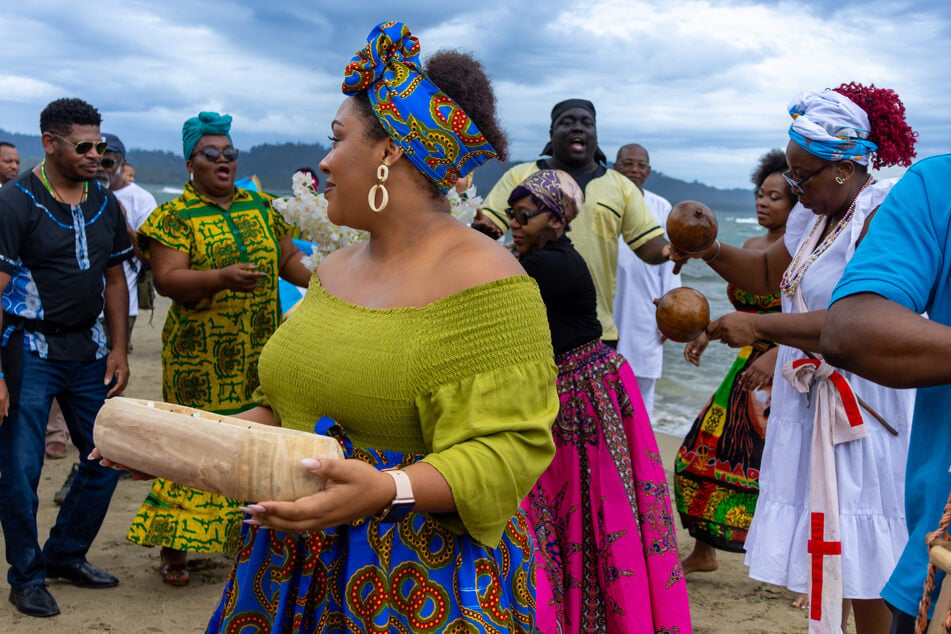
The Costa Rican state is accused of engaging in a host of other methods to displace Afrotribal people, often under the guise of human rights or environmental protection.
In 2019, the country's supreme court issued a ruling upholding the conversion of Afrotribal farmlands into reservations for Indigenous Peoples who did not live in the coastal area and had no prior documented history of conflict with people of African descent.
On top of that, the last six national parks created in Costa Rica – Tortuguero National Park, Barra del Colorado Wildlife Refuge, Pacuare River Forest Reserve, Limoncito Wildlife Refuge, Gandoca-Manzanillo Wildlife Refuge, and Cahuita National Park – resulted in the displacement of existing Afrotribal communities.
According to Brown, the selection of these areas for environmental protection was no coincidence due to Afrotribal communities' long tradition of land stewardship, which she contrasted with people of European descent's legacy of ecological destruction.
"It's just so bizarre that a people who have no consciousness with nature are the ones defining how we should live and using that rhetoric of environmental protection," she reflected.
The fight to save Costa Rica's Afrotribal communities
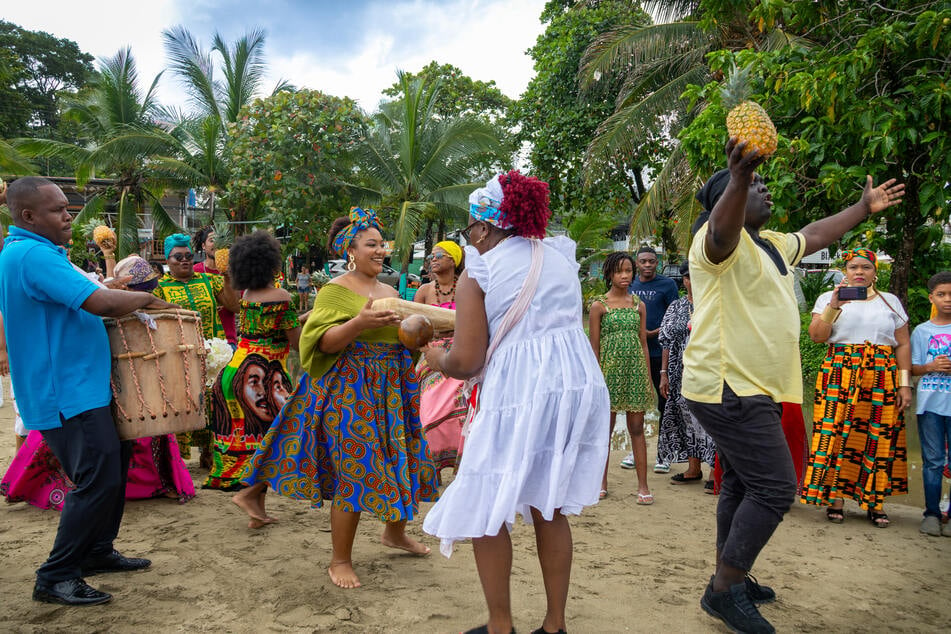
Brown – whose ancestors built the railroad and cultivated the lands along Costa Rica's Caribbean coast – described the government's treatment of Afrotribal communities as mentally and emotionally traumatizing.
"It's insulting, and then you get that sense of your lack of worth, the nothingness from whence you came," she said.
"We just live in great fear always. It doesn't matter how hard I work or what I do, my child is not going to inherit his own place."
Frustrated by failed efforts to achieve justice within the domestic political and legal systems, Afrotribal representatives are turning to international forums in the fight to protect their communities and encourage Costa Rica to comply with its human rights obligations.
Brown said the next step is seeking an order from the Inter-American Court of Human Rights, which is based out of San José, to protect Afrotribal communities under threat by Costa Rica.
Costa Rica's Afrotribal communities argue they are subject to protections under International Labour Organization Convention 169, which affirms the "rights of ownership and possession of the peoples concerned over the lands which they traditionally occupy" and states "free and informed consent" is necessary in cases of relocation. Established in 1989 and ratified by Costa Rica in 1993, the convention applies to Indigenous as well as tribal groups.
"We do need that order of protection against Costa Rica, and for us to get that, the world needs to know what they're doing," Brown said.
The dire situation facing Afrotribal communities runs up against Costa Rica's global reputation for promoting peace and environmentalism, a narrative Brown says tells only part of the story.
"All the good deeds Costa Rica does, it's by moving us out of the territories," she insisted.
Cover photo: Voces del Caribe
